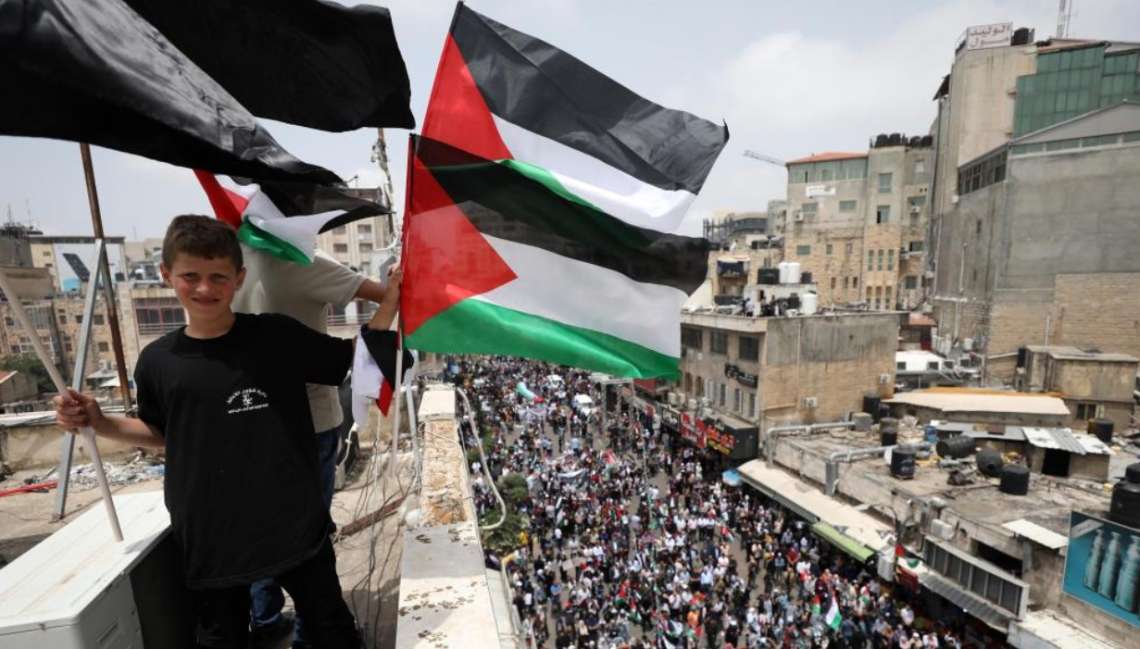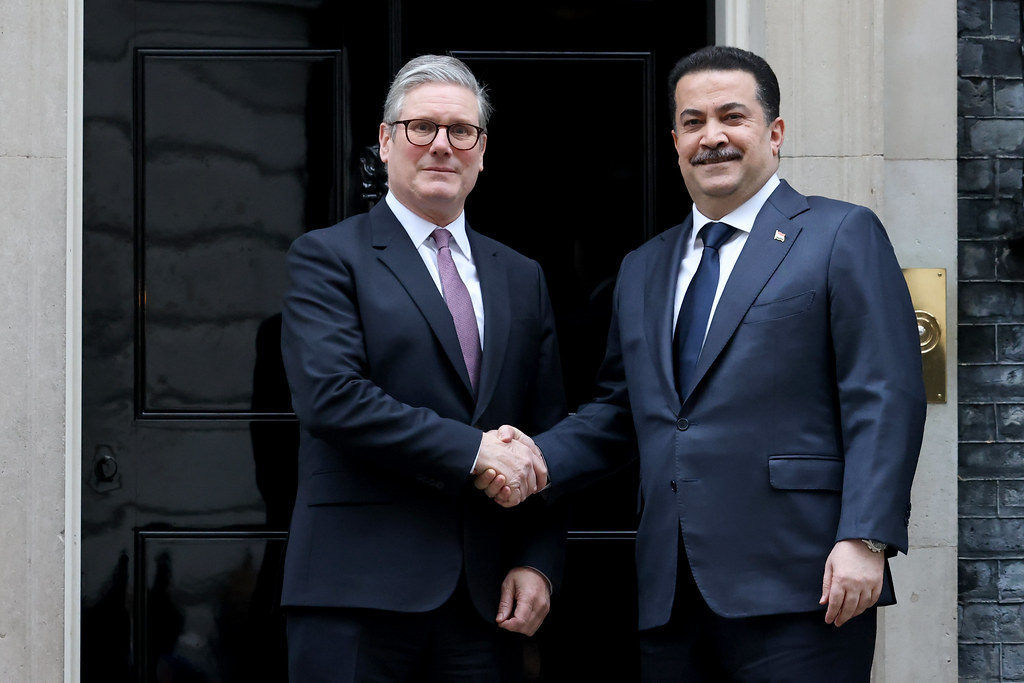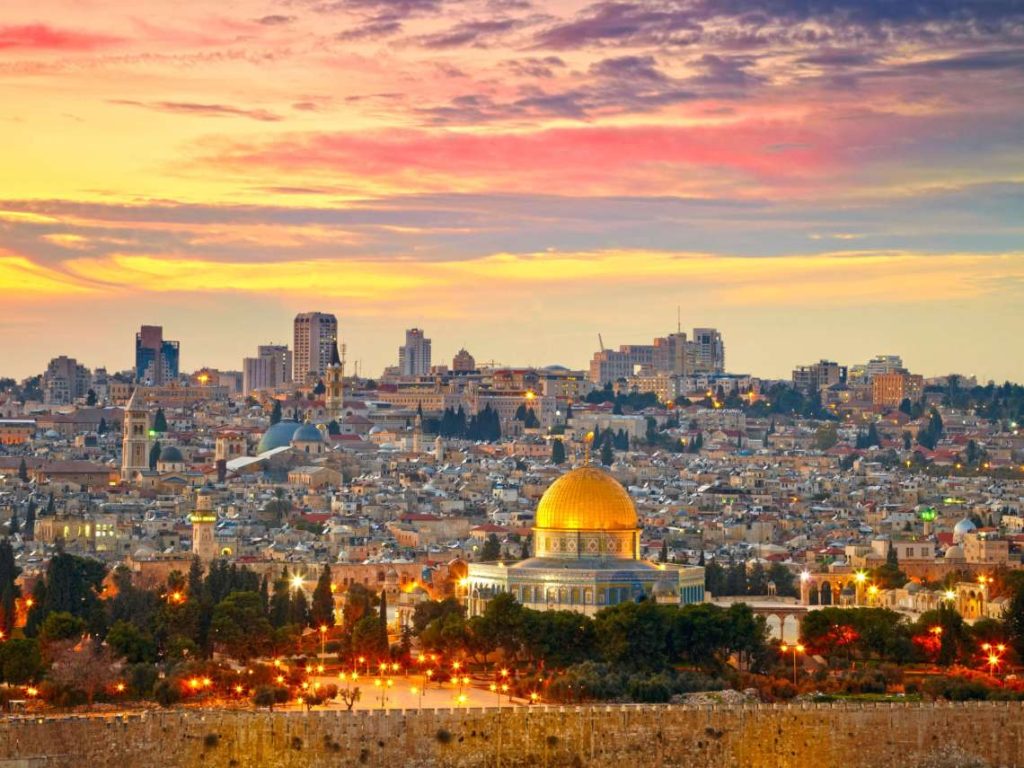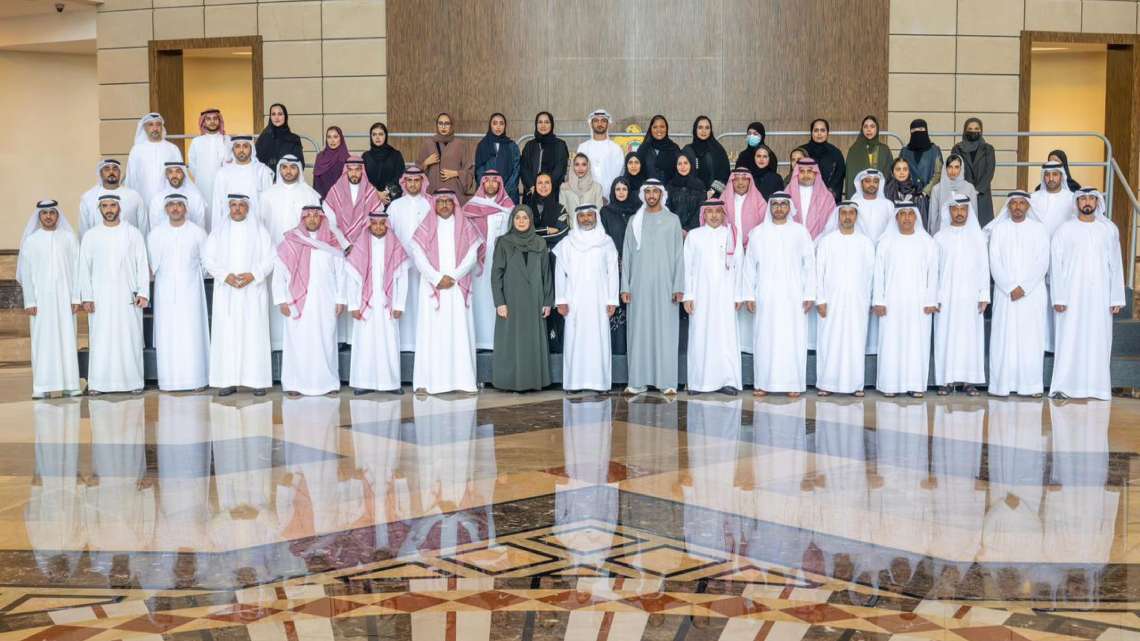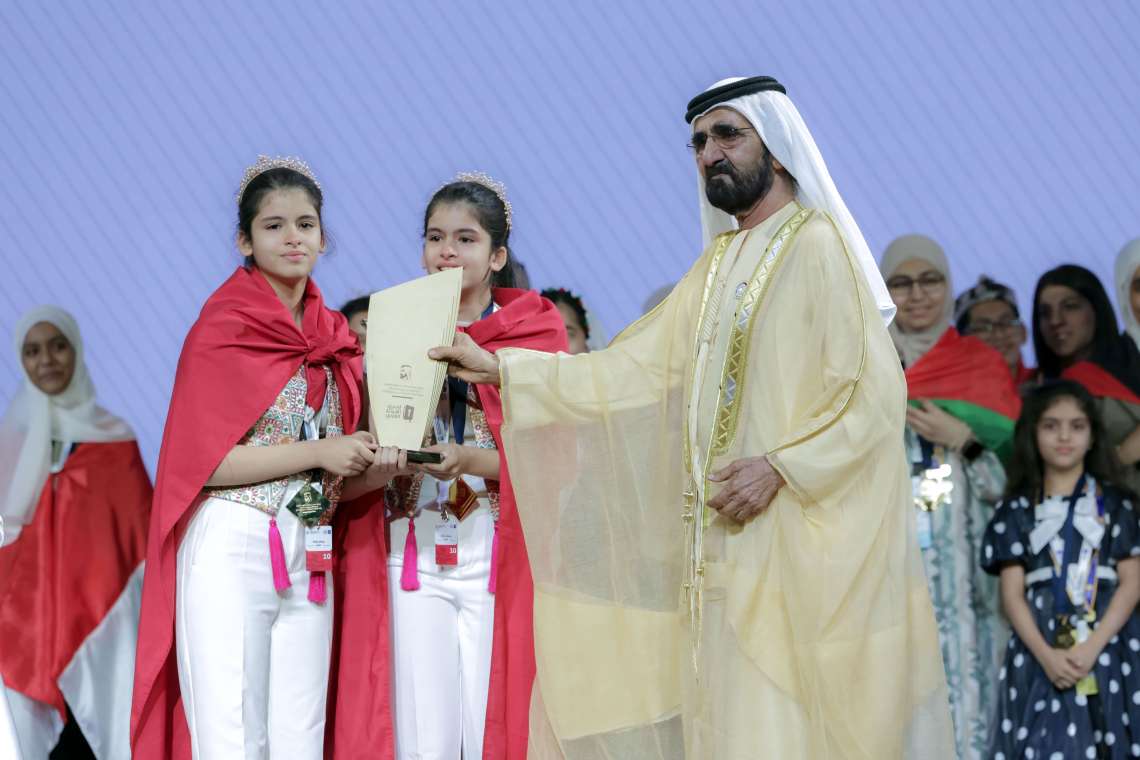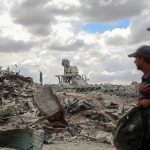The OIC prepares an emergency meeting as Israel intensifies its assault on Gaza City, calling up tens of thousands of troops, sparking global outrage and humanitarian alarm….reports Asian Lite News
The Organisation of Islamic Cooperation (OIC) has announced that its Council of Foreign Ministers will convene an extraordinary meeting on Monday to discuss the escalating Israeli offensive against Palestinians. The session is expected to focus on coordinating joint positions and collective efforts in response to what the bloc describes as systematic attempts to entrench Israel’s occupation and impose full control over Gaza.
According to an OIC statement, the discussions will cover a range of urgent issues, including allegations of genocide, forced displacement, starvation, and the humanitarian blockade imposed on the besieged enclave. The announcement comes as Israel intensifies its campaign in Gaza City, a move that has already triggered global condemnation and growing alarm from humanitarian organisations.
Gaza City offensive begins
Residents of Gaza reported heavy bombardment overnight on Wednesday and Thursday, with strikes targeting both central districts and the city’s outskirts. Israel’s military chief, Eyal Zamir, confirmed that troops have already begun operating near Gaza City. “We already have forces on the outskirts, and more will join them later,” he told soldiers, signalling the onset of a large-scale push into the city.
The Israeli government has authorised the mobilisation of approximately 60,000 reservists, with an additional 20,000 expected to be called up in the coming days. This unprecedented escalation is seen as part of the second phase of “Operation Gideon’s Chariots,” Israel’s ongoing military campaign to dismantle Hamas.
But the intensification of hostilities is drawing sharp criticism at home and abroad. The International Committee of the Red Cross (ICRC) described the new offensive as “intolerable,” warning that it would further worsen the catastrophic humanitarian crisis.
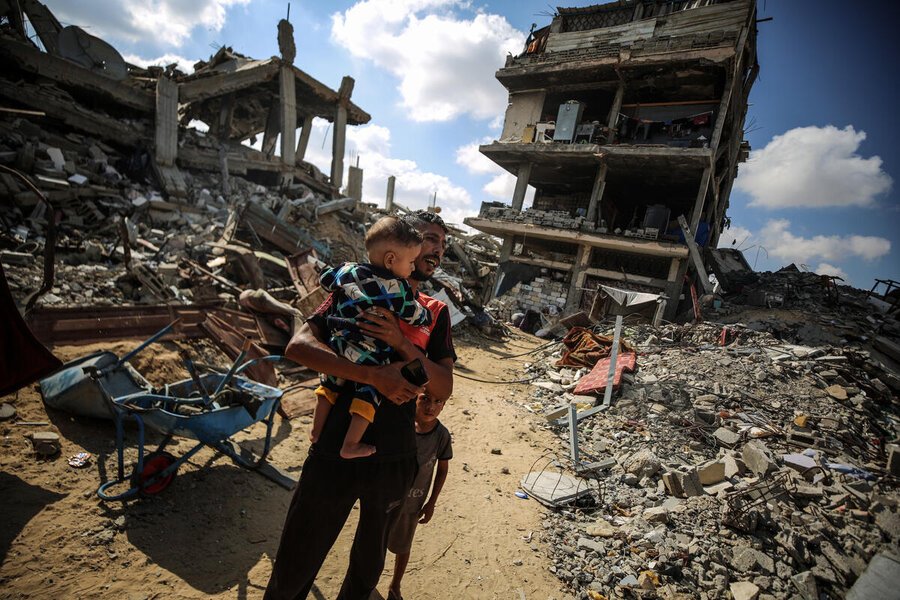
War plans and truce talks
In a visit to a military base near Gaza on Thursday, Israeli Prime Minister Benjamin Netanyahu announced he had instructed officials to begin “immediate negotiations” for the release of hostages and a possible end to the war.
“I came to approve the IDF’s plans to take control of Gaza City and defeat Hamas,” Netanyahu said. “At the same time, I instructed to begin immediate negotiations for the release of all our hostages and an end to the war on terms acceptable to Israel.”
Israeli media reported that no delegation is currently expected to travel to Doha or Cairo, the two main mediation hubs. However, Netanyahu and his security cabinet were scheduled to meet Thursday night to give final approval for the Gaza City assault.
The dual-track approach reflects mounting internal and external pressure. While Hamas has already accepted a truce proposal put forward by Qatari and Egyptian mediators, Israel has not formally responded. Netanyahu has repeatedly stressed that any ceasefire would hinge on five conditions: Hamas’s disarmament, the release of all hostages, Gaza’s complete demilitarisation, permanent Israeli security control, and the appointment of a governing body not affiliated with either Hamas or the Palestinian Authority.

Rising civilian death toll
The cost of Israel’s military operations continues to mount. Gaza’s health authorities said at least 70 Palestinians were killed and 356 others injured in overnight strikes. Since the outbreak of the war on 7 October 2023, the death toll in Gaza has climbed to 62,192, with 157,114 others wounded. Entire neighbourhoods have been reduced to rubble, while hospitals remain overwhelmed by the steady flow of casualties.
Aid deliveries, though ongoing, have done little to meet the vast humanitarian needs. On Thursday afternoon, the Israeli Defence Forces confirmed it had facilitated the airdrop of 155 humanitarian aid packages provided by seven countries, including Jordan, the United Arab Emirates, Germany, France, the Netherlands, Singapore, and Indonesia. The supplies included food and other essentials, but aid groups stress that such measures are insufficient compared to the scale of the crisis.
International outcry grows
The international response to Israel’s expanded offensive has been swift. Arab states, led by Qatar, have warned that continued instability in Gaza risks spilling over into broader regional insecurity. On behalf of the Arab Group at the United Nations, Doha reiterated that Syria’s stability is linked to wider Middle Eastern security, implicitly urging Israel to reconsider its military posture.
With the OIC meeting scheduled for next week, diplomatic efforts are expected to intensify. For Arab and Islamic states, the aim will be to present a unified front against what they call violations of international law. Yet with Israeli forces pressing ahead on the ground and Netanyahu unwilling to back down without meeting his government’s conditions, the path to de-escalation remains uncertain.
As Gaza City braces for a major assault, the humanitarian toll is set to rise further, putting global pressure on Israel to balance its military objectives with international demands for restraint and accountability.

